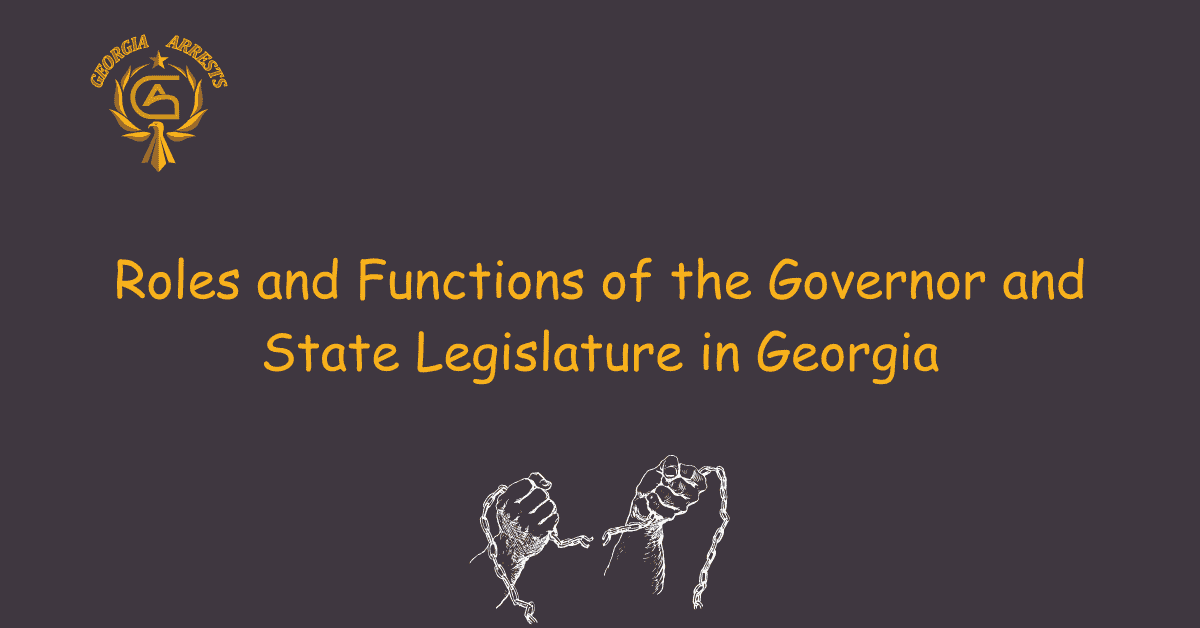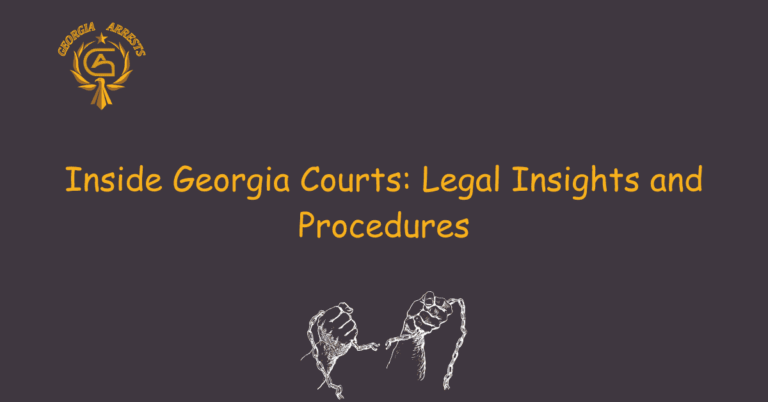Georgia’s Governor and Legislature: Roles and Functions
The Governor and State Legislature play crucial roles and have important functions in the state of Georgia. The Governor, as the head of the executive branch, is responsible for the overall governance of the state. They have the power to appoint key officials, propose and veto legislation, and represent the state in various capacities. The Governor also plays a significant role in shaping the state’s budget and policies, working closely with the State Legislature to ensure effective governance.
The State Legislature, consisting of the House of Representatives and the Senate, is responsible for making and passing laws in Georgia. The Legislature has the power to introduce bills, debate them, and ultimately vote on their passage. They are also responsible for overseeing the state’s budget and appropriating funds for various programs and initiatives. In addition, the State Legislature plays a crucial role in representing the interests of the citizens of Georgia and ensuring that their voices are heard in the legislative process.
Role of the Governor
The Governor of Georgia holds a position of great responsibility as the head of the executive branch. They are tasked with overseeing the governance of the state and ensuring its smooth functioning. One of the key functions of the Governor is the appointment of key officials who will assist in the implementation of policies and programs. These officials play a crucial role in shaping the direction of the state and ensuring effective governance.
Legislative Powers of the Governor
In addition to appointing key officials, the Governor also has the power to propose and veto legislation. This means that they can introduce bills that they believe will benefit the state and its citizens. They also have the authority to reject bills that they deem to be against the best interests of the state. This power allows the Governor to actively contribute to the legislative process and shape the laws of Georgia.
Representation of the State
The Governor of Georgia also has an important role in representing the state in various capacities. They act as the face of the state and are responsible for promoting its interests and values. This includes representing Georgia in meetings with other state governors, national leaders, and international delegations. The Governor’s role as a representative ensures that the state’s voice is heard and its interests are protected.
Budget and Policy Development
One of the significant responsibilities of the Governor is the shaping of the state’s budget and policies. They work closely with the State Legislature to develop a budget that addresses the needs and priorities of the state. The Governor’s role in budget development is crucial as it determines the allocation of funds for various programs and initiatives. Additionally, the Governor plays a key role in policy development, working with legislators to create policies that will benefit the state and its citizens.
The Role of the State Legislature
The State Legislature, consisting of the House of Representatives and the Senate, is responsible for making and passing laws in Georgia. They play a vital role in the legislative process by introducing bills, engaging in debates, and ultimately voting on their passage. The Legislature is the representative body of the citizens of Georgia and ensures that their voices are heard in the lawmaking process.
Oversight of the State’s Budget
Another critical function of the State Legislature is the oversight of the state’s budget. They are responsible for reviewing and approving the budget proposed by the Governor. Through this process, the Legislature ensures that the allocation of funds aligns with the needs and priorities of the state. They also play a role in appropriating funds for various programs and initiatives, ensuring that taxpayer money is utilized effectively and efficiently.
Representation of Citizen Interests
The State Legislature serves as the voice of the citizens of Georgia in the legislative process. They are responsible for representing the interests of their constituents and ensuring that their needs are addressed. Through public hearings, town hall meetings, and other forms of engagement, the Legislature seeks input from citizens to inform their decision-making. This ensures that the laws and policies passed by the Legislature reflect the desires and concerns of the people they represent.
FAQs
What are the roles and functions of the Governor in Georgia?
The Governor in Georgia serves as the chief executive officer and is responsible for implementing and overseeing state laws. They have the power to appoint officials, veto legislation, and command the state’s National Guard. The Governor also plays a key role in budgetary decisions and can propose legislation to address important issues.
What are the roles and functions of the State Legislature in Georgia?
The State Legislature in Georgia is responsible for making and passing laws for the state. It is composed of two chambers: the House of Representatives and the Senate. The Legislature has the power to propose, debate, and vote on legislation, as well as to approve the state budget. They also have the authority to impeach state officials and override a Governor’s veto with a two-thirds majority vote.
How does the Governor and State Legislature work together in Georgia?
The Governor and State Legislature in Georgia work together to govern the state. The Governor proposes legislation and sets the agenda for the legislative session, while the Legislature reviews, debates, and amends the proposed bills. The Governor has the power to sign or veto legislation passed by the Legislature. Additionally, the Legislature has the authority to override a Governor’s veto with a two-thirds majority vote.
What is the Governor’s role in the state budget in Georgia?
The Governor in Georgia plays a vital role in the state budget process. They are responsible for submitting a budget proposal to the Legislature, which outlines the state’s financial plan for the upcoming fiscal year. The Governor’s budget proposal includes revenue projections, expenditure recommendations, and funding priorities. The Legislature reviews and approves the budget, making necessary adjustments and allocations based on their priorities and the needs of the state.
How does the State Legislature impact the Governor’s powers in Georgia?
The State Legislature in Georgia has the ability to impact the Governor’s powers through checks and balances. They can override a Governor’s veto with a two-thirds majority vote, limiting the Governor’s ability to reject legislation. The Legislature also has the authority to impeach state officials, including the Governor, if necessary. Additionally, the Legislature plays a crucial role in the budget process, determining the allocation of funds and influencing the Governor’s spending priorities.
What is the Governor’s role in appointing officials in Georgia?
The Governor in Georgia has the power to appoint officials to various positions within the state government. This includes appointments to state boards, commissions, and departments. The Governor’s appointments can have a significant impact on policy decisions and the overall direction of the state. These appointments are subject to confirmation by the State Legislature, ensuring a level of accountability and oversight.







